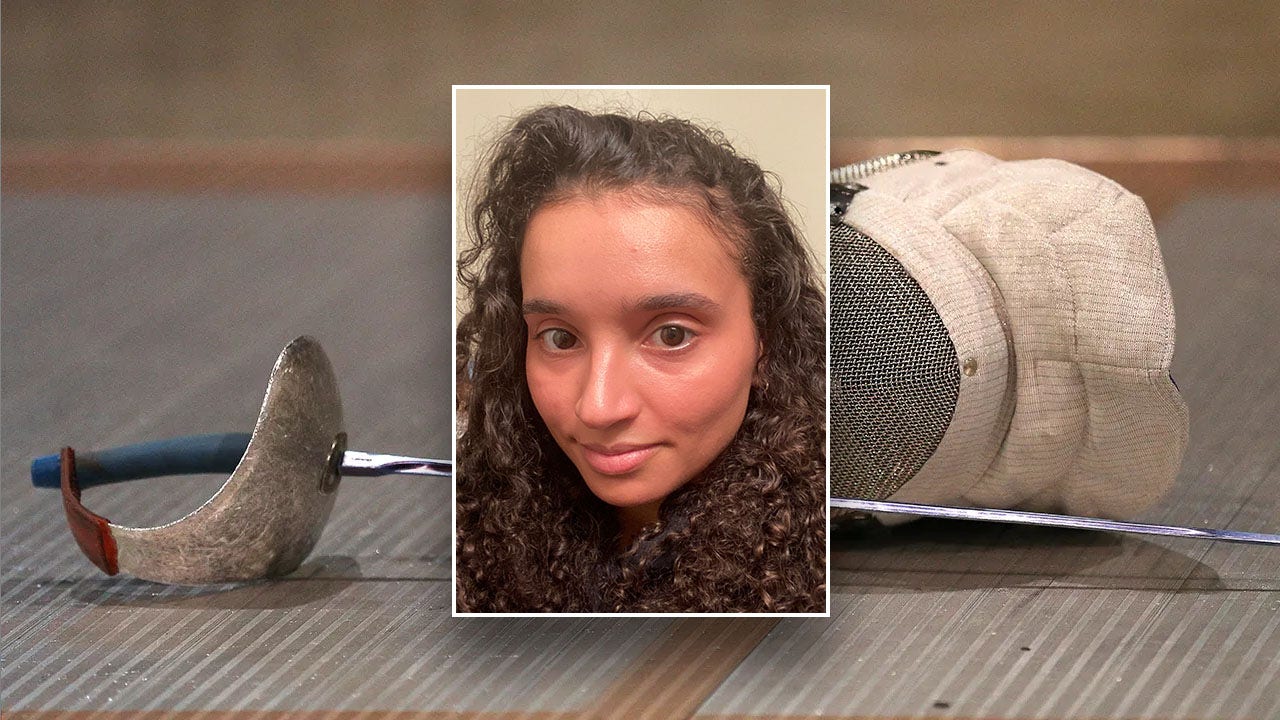Smart glasses are getting big attention at CES 2025, with some set to challenge Meta’s Ray-Bans. AI watches for children and adults were also on show.
Smart glasses and artificial intelligence (AI) wearables are gaining traction at the Consumer Electronics Show (CES) in Las Vegas this week, giving Meta’s Ray-Ban glasses a run for their money.
Here is some of the technology that has been hyped up.
The potential gamechanger
The Halliday Glasses are the first AI glasses that feature an AI agent and a so-called DigiWindow, which is a display that shows information in a user’s field of vision without a lens.
The DigiWindow is in the top right of the frame and the display is shown as a 3.5-inch screen and is still visible in bright sunlight, the company says.
Nothing is projected onto the lens itself so others can’t see if you are using the AI agent and you can still use the glasses with a prescription.
Halliday said during a meeting that the glasses “can proactively answer complex questions, summarise key discussion points, and generate summarised meeting notes afterwards”.
The company says the product will be available by the end of Q1 2025 and will cost between $399 (€390) and $499 (€490), which is more expensive than Meta Ray-Bans’ $299 (€ 290) display-free glasses.
The privacy glasses
India’s Mustard Glasses are trying to protect user data.
The glasses aim to keep sensitive data private by adding an extra layer of security in its operating system.
“The difference between Meta and what we are trying to do is that if you are wearing it in a bedroom or in a private setting you let the developer have your data. So what we are trying to do is keep some of that privacy,” Ashish Verma from the Motwani Jadeja Foundation told Euronews Next.
But he said they are not just working on the hardware but also “trying to build a platform which will help us create more applications”.
Another thing they are trying to develop is for the camera to be hidden so that they resemble regular glasses more closely.
The camera and big battery
Israeli company Lumus showcased a prototype pair of glasses that has a 16-megapixel camera and a battery that the company says can last 40 hours.
This is much larger than Meta’s 12-megapixel camera on the Meta Ray-Bans and if Lumus’s claims are true, has a battery life that is three times larger than Meta’s.
The company told Euronews Next it aims to launch on Kickstarter and would retail at A $200 (around €190) price point, which is also cheaper than Meta.
The AI watch for children
For parents of children with curious minds who ask many questions, an AI watch might be the ideal gift or accessory.
Pinwheel showed off its kid-friendly smartwatch that costs $160 (€155).
The watch uses a chatbot called PinwheelGPT that can answer questions in an age-appropriate manner with safeguards in place. It refuses to answer inappropriate questions and prompts children to speak to an adult instead.
Parents are also able to remotely monitor text messages and calls and turn off certain features.
It also comes with a GPS tracking device to tell parents where their children are and check every contact their child adds until they are 14.
Another AI watch was on display at CES from Watch Out Wearables. The watch comes in bright colours and comes with a chatbot to answer all kinds of age-appropriate questions.
It is aimed at children aged 6-13 and works if a child points the watch at an insect, for example, it can tell them all about it.
“It’s safe, it’s ethical and it doesn’t give out information, which is not meant to be for a kid, an age that is not appropriate,” Suparna Deshpande from Watch Out Wearables told Euronews Next.












